European automakers are forging deeper ties with China, defying the intent of tariffs designed to shield the industry from an influx of state-subsidised electric vehicles (EVs).
Rather than shutting out cheaper Chinese models, the levies– introduced by the European Commission in October– are accelerating cooperation between struggling European carmakers and their cost-competitive Chinese counterparts.
The financial strain on Europe’s car industry is stark. Last year, net profits tumbled at five of the continent’s biggest players: down 28 per cent at Mercedes-Benz, 33 per cent at Volkswagen and a staggering 70 per cent at Stellantis. Renault and BMW also reported declining earnings, amid sluggish EV sales and high production costs, Nikkei reported.
In response, European manufacturers are making painful cuts. Mercedes-Benz is scaling back production capacity in Germany from 1 million vehicles annually to 900,000. Volkswagen plans to shutter two German factories, axing 35,000 jobs by 2030.
At the same time, these companies are looking eastward. Volkswagen has turned to China’s Xpeng Motors in a bid to speed up development cycles, slashing the time from concept to launch from 54 months to just 36. The two companies will jointly develop systems and software, with Volkswagen-branded EVs set to hit the Chinese market next year.
Renault, whose profits plunged by two-thirds, has established an EV research and development hub in Shanghai. It is partnering with a Chinese company to bring the budget-friendly Twingo EV to Europe in 2026, priced under €20,000 (£17,150).
Meanwhile, Stellantis has teamed up with Leapmotor Technology to distribute compact Chinese-made EVs across the continent. The venture plans to expand its European dealership network to over 600 locations by the end of 2025, with five additional models set for release over the next three years.
The European Commission’s tariffs, which raise the total levy on some Chinese-made EVs to as much as 45.3 per cent, were aimed at countering what Brussels sees as unfair state subsidies. But for European automakers grappling with dwindling profits, the lure of partnerships with China– where supply chains are more efficient and costs lower– has proved irresistible.
Chinese manufacturers, for their part, are capitalising on the opportunity. Their share of the European EV market climbed to 3.9 per cent in the fourth quarter of last year, up from 3.5 per cent in the previous quarter, according to data from Germany’s Schmidt Automotive Research.
And while tariffs apply to fully electric vehicles, Chinese exports of plug-in hybrid cars– exempt from the levies– are also rising.
As European carmakers slash jobs and scale back domestic production, their increasing reliance on Chinese partners raises difficult questions about the future of the continent’s auto industry. Far from reducing dependency on Beijing, the EU’s tariffs may be entrenching it further.


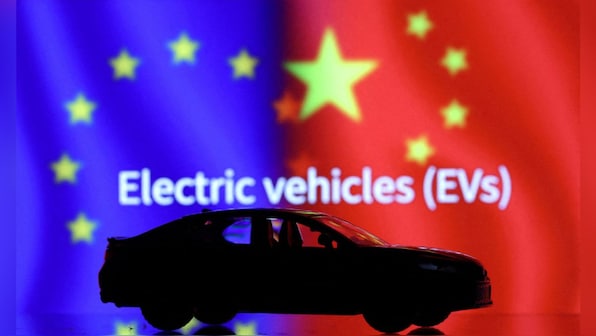)
)
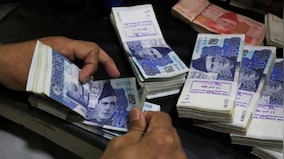)
)
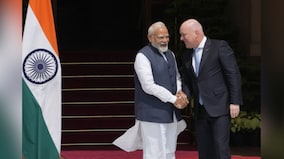)
)
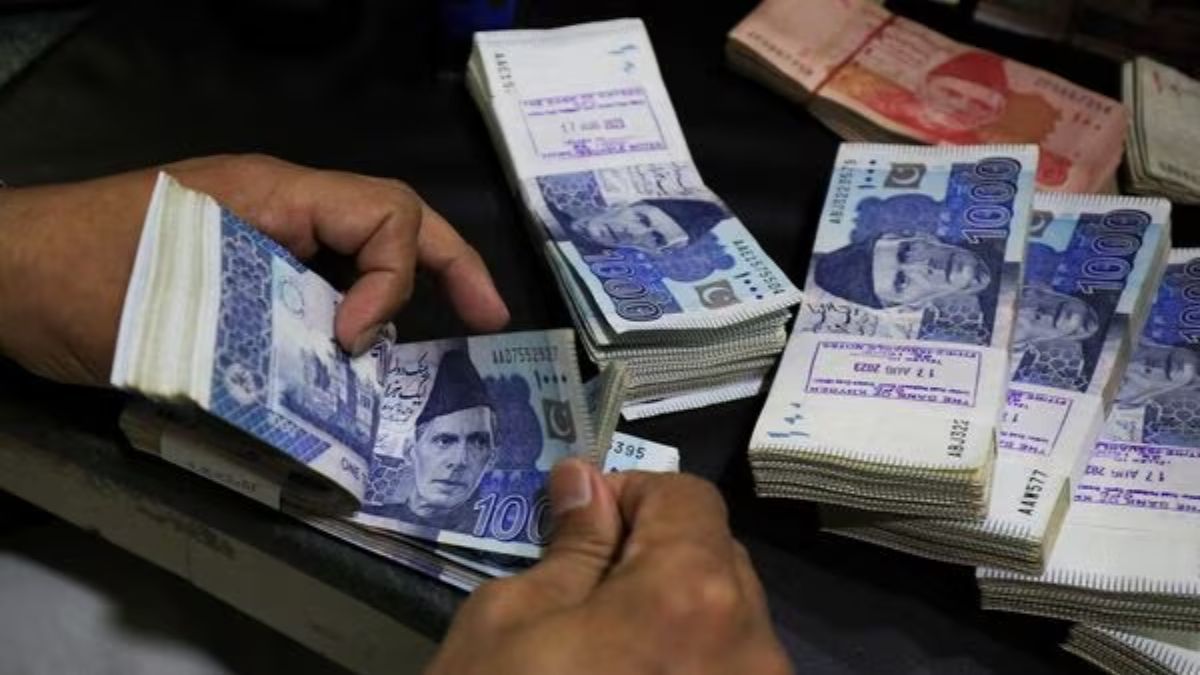)
)
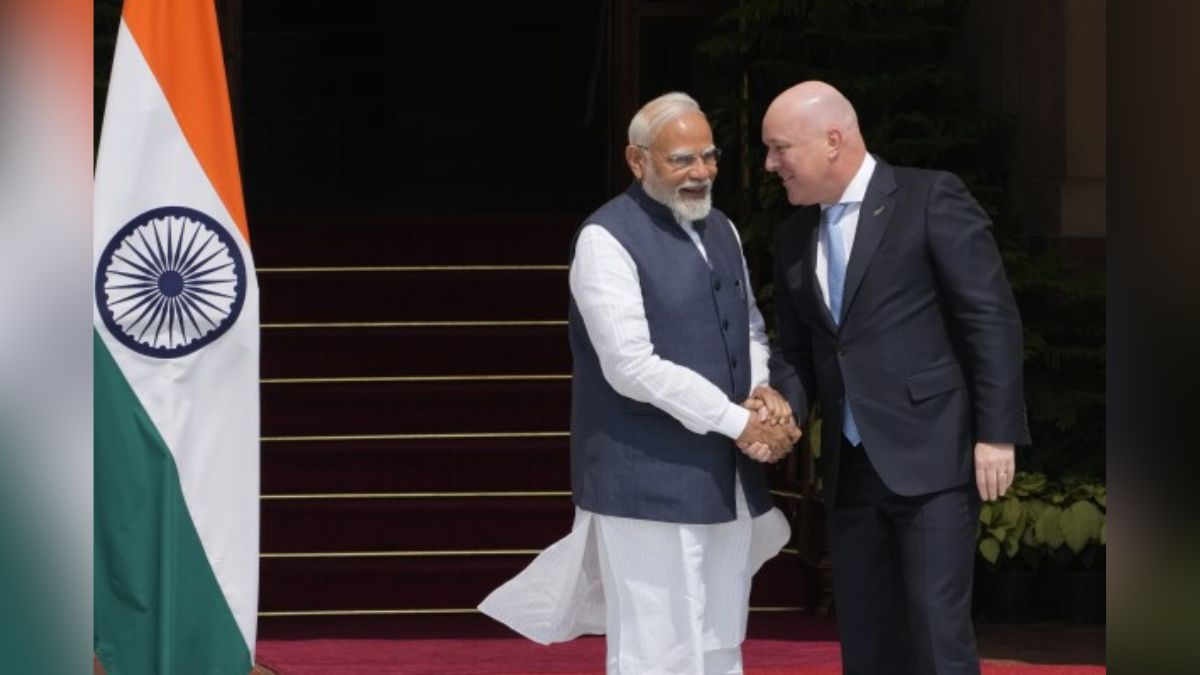)



